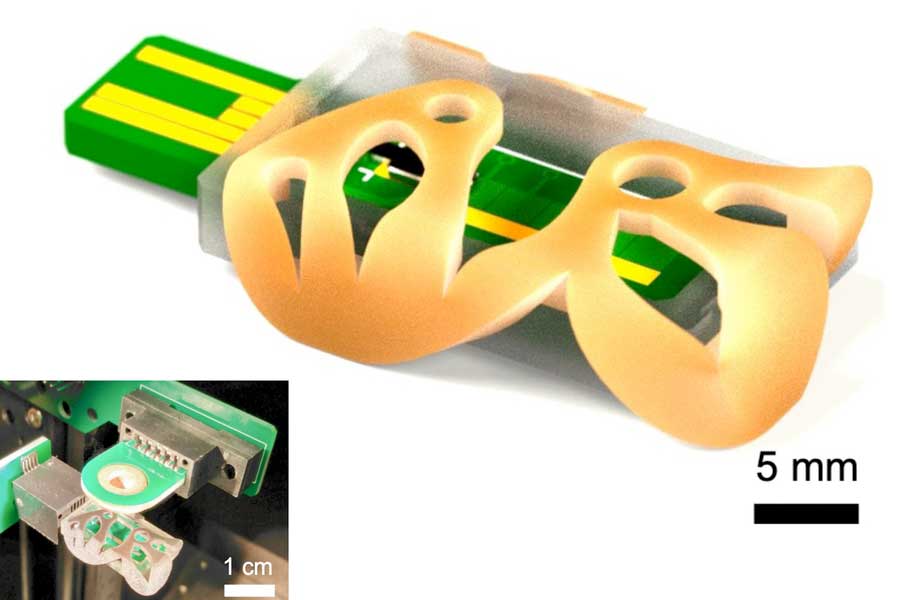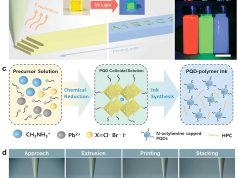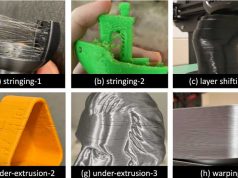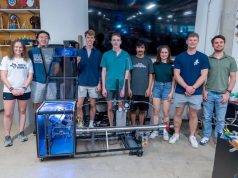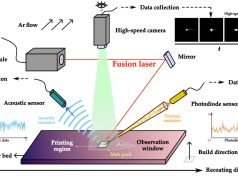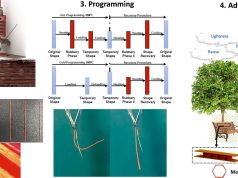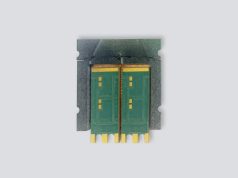Researchers at MIT have 3D printed a critical component for mass spectrometers – a powerful yet affordable ionizer. Additive manufacturing paves the way for compact spectrometers for on-site analysis.
For people with chronic diseases, mobile mass spectrometers would be helpful for monitoring hormone levels or other biomarkers. However, conventional devices can cost several hundred thousand dollars, which is why complex laboratory tests are necessary.
“Our vision is to make mass spectrometry available in a decentralized way – with shoebox-sized devices for home use,” explains MIT researcher Luis Fernando Velásquez-García. “The hardware has to be inexpensive for this.”
Velásquez-García and his team have 3D-printed an ionizer out of metal using a binder jetting process. This involves applying material in powder form and solidifying it locally with a binder.
The components, which are only a few centimetres in size, can be produced in series and integrated into mass spectrometers at low cost – an option for automated final assembly. In contrast to more expensive cleanroom techniques, 3D printing also allowed targeted shape optimization.
For example, the researchers specifically used material evaporation to achieve a higher proportion of charged molecules in the sample beam. The shape of the counter electrode was also adapted for higher voltages, which further improved ionization.
The result: the 3D-printed ionizer delivered signal-to-noise ratios more than twice as high as commercial components. Velásquez-García sees enormous potential for mass production: “With 3D printing, we can enable people to manufacture the hardware for their everyday lives themselves.”
Next, the researchers want to build a prototype with previously 3D-printed mass filters. Vacuum pumps for the negative pressure are still a hurdle.
Subscribe to our Newsletter
3DPresso is a weekly newsletter that links to the most exciting global stories from the 3D printing and additive manufacturing industry.



